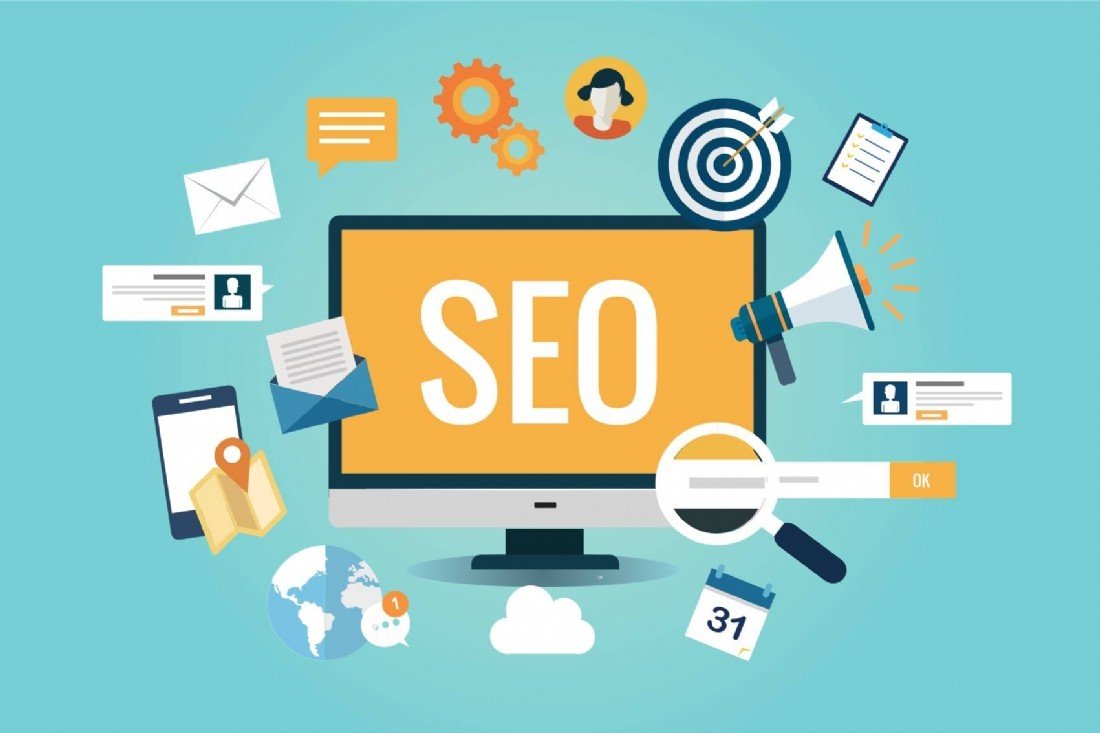Search Engine Optimization is a constantly evolving landscape filled with advice, strategies, and a fair share of misconceptions. Myths about what works and what doesn’t can easily mislead website owners and digital marketers, causing wasted effort and resources. Cutting through the noise requires a clear understanding of proven SEO practices versus outdated or exaggerated tactics. Separating fact from fiction isn’t just about compliance with algorithms; it’s about adopting sustainable strategies that deliver long-term results. In this article, we’ll explore common SEO myths, explaining what truly influences rankings and how you can optimize your website effectively without falling for false claims.
Myths About Keyword Density and Over-Optimization
One of the most persistent SEO ↗ myths is that keyword density is a primary ranking factor. The misconception is that stuffing keywords into your content will boost your rankings, but in reality, search engines have become much smarter. Over-optimization can be more harmful than helpful, leading to penalties for keyword stuffing or appearing spammy. What truly counts is creating content that naturally incorporates keywords in a way that provides value and context for the reader. Focus on integrating keywords thoughtfully within your content, headlines, and meta descriptions, but always prioritize readability and user experience. Search engines now prioritize the overall relevance and quality of your content, rendering keyword density as a minor and outdated factor.
 ### The Fallacy of Link Building Through Quantity
### The Fallacy of Link Building Through Quantity
Many believe that accumulating a vast number of backlinks is the key to ranking higher, but quality far outweighs quantity. Low-quality or spammy backlinks can actually harm your SEO efforts, especially if they come from unrelated or untrustworthy sources. The modern approach emphasizes earning backlinks from reputable sites through high-quality content that naturally attracts links. Building relationships with industry influencers, creating shareable and authoritative content, and earning editorial links are more effective strategies than simply aiming for sheer volume. Search engines are adept at identifying link schemes, so focusing on relevance and authority is the smarter way to boost your rankings sustainably.
The Misconception That SEO Is a One-Time Setup
Some marketers believe that optimizing a website once is sufficient and that SEO is a set-and-forget task. This is a dangerous myth because SEO is an ongoing process, driven by constantly changing algorithms, market trends, and user behaviors. What worked six months ago may no longer be effective today. Regular audits, content updates, technical improvements, and data analysis are necessary to maintain and improve your rankings. Successful SEO involves adapting to new developments, refining keywords, optimizing for voice and mobile, and staying current with best practices. Viewing SEO as a continuous effort rather than a one-off task ensures you stay ahead of competitors and maintain your visibility over time.
Believing SEO Is Only About Rankings
Another common misconception is that the ultimate goal of SEO is just to rank higher on search engine results pages. While higher rankings are significant, they are merely a means to an end. The primary focus should be on driving qualified traffic, increasing conversions, and providing real value to your audience. A high ranking that attracts irrelevant visitors or doesn’t convert into leads or sales isn’t beneficial. Effective SEO combines technical optimization, high-quality content, user engagement, and conversion strategies. Building a well-rounded approach ensures your efforts translate into tangible business results rather than just chasing rankings that don’t bring ROI.
 ### The Myth That Paid Search Is a Threat to Organic SEO
### The Myth That Paid Search Is a Threat to Organic SEO
Some believe that investing in paid search means sacrificing efforts on organic SEO, or that paid tactics can harm your organic performance. On the contrary, paid and organic search can complement each other. Paid campaigns provide immediate visibility, gather data, and help test keywords and messaging that can inform your organic strategy. Meanwhile, a strong organic presence offers credibility and cost savings in the long run. Using both channels strategically maximizes your overall search visibility and ensures you’re not overly dependent on one. Integrated campaigns that leverage the strengths of both paid and organic efforts are often the most successful and deliver better ROI.
Technical SEO Is Overrated or Not Important
There’s a misconception that technical SEO – elements like site speed, mobile responsiveness, and crawlability – is less important than content and backlinks. However, technical SEO is foundational to your overall success. If your website loads slowly, isn’t mobile-friendly, or has crawl errors, search engines cannot effectively index and rank your pages. These issues also impact user experience, which influences bounce rates and engagement. Ensuring your site adheres to technical best practices creates a solid foundation that allows your content to rank well. Investing in technical SEO might not be glamorous, but it is essential for achieving and maintaining competitive rankings in today’s search landscape.